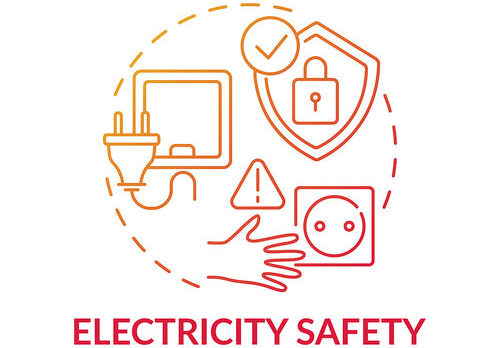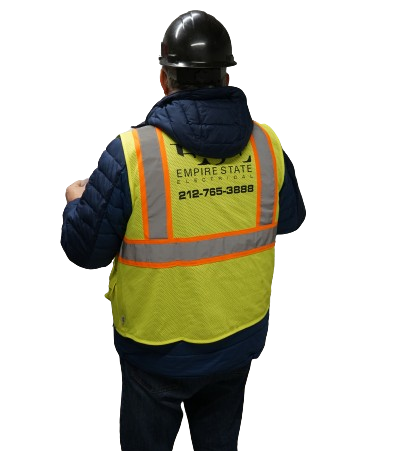5 Key Electrical Tips for a Seamless Construction Project
When it comes to construction, every contractor and builder knows that electrical work plays a critical role in keeping projects on schedule and within budget. At Empire State Electrical, we’ve seen firsthand how proactive planning and collaboration can save time, money, and headaches. Here are five electrical tips to help ensure your next project runs smoothly: 1. Plan Electrical Early in the Design PhaseElectrical systems aren’t something to squeeze in at the last minute. Involving your electrical contractor early in the design phase ensures better coordination with other trades, avoids costly rework, and guarantees that power requirements are met without surprises. 2. Focus on Load CapacityFor commercial or multifamily projects, it’s vital to ensure the building’s electrical load capacity meets current needs and anticipates future demands. Oversights here can lead to expensive upgrades later. 3. Schedule Regular Coordination MeetingsOn-site coordination between trades is essential. A quick meeting to review placement for conduits, panels, and outlets can prevent conflicts with plumbing, HVAC, or framing work. Clear communication saves both time and frustration. 4. Use High-Quality MaterialsNot all wires, breakers, or panels are created equal. While budget constraints are a reality, using high-quality materials reduces maintenance costs and increases reliability, ensuring long-term satisfaction for your clients. 5. Partner with the Right Electrical TeamHaving a reliable electrical contractor who understands construction timelines and the importance of precision is a game-changer. Look for a team with experience, flexibility, and a track record of delivering on time and within budget. At Empire State Electrical, we pride ourselves on working seamlessly with general contractors and builders to keep projects on track. Whether it’s a commercial build-out, multifamily development, or a retrofit, our team is here to ensure your electrical needs are met without a hitch.







